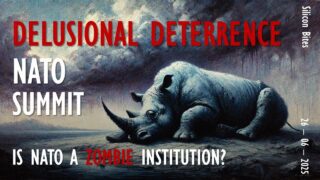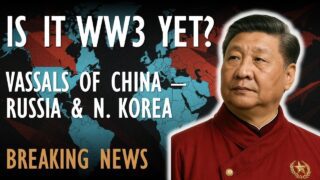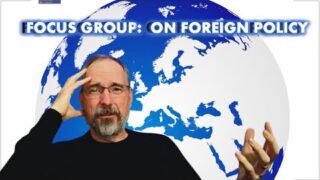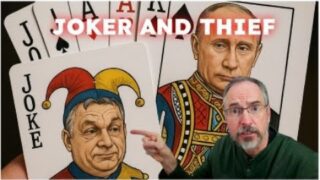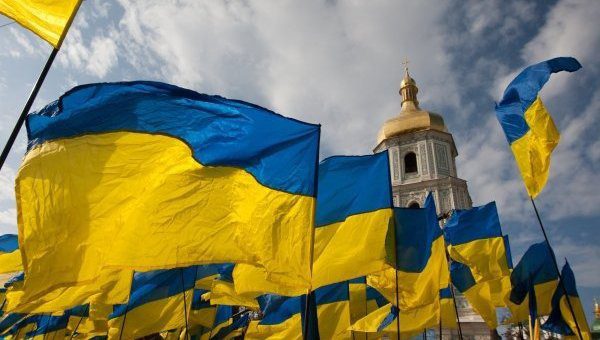
Diplomatic dispute erupts between Hungary and Croatia over Ukraine
On Friday October 25, the Croatian ambassador was summoned to the Hungarian Foreign Ministry because of statements made by Croatian Minister of Defense Ivan Anušić about Budapest’s position on Ukraine.
The incident underscores how differing positions on Ukraine can strain relationships between NATO allies, particularly in Central and Eastern Europe where historical alignments and current geopolitical interests create complex diplomatic dynamics with regards to the Russo-Ukrainian War.
As reported by European Pravda, The reason for the diplomatic dispute was Anušić’s statements at a meeting of the Croatian parliamentary committee.
He criticized the position of Croatian President Zoran Milanovic, who refused to send Croatian military personnel to participate in the NATO Security and Training Mission for Ukraine (NSATU).
Anušić said that by not participating in NATO military missions, Croatia would become like Serbia and Hungary, which publicly support Russia.
“Do we want to side with Serbia and Hungary, which are now publicly supporting Putin? Do we want to be part of that team and that world, or part of the world we now belong to, the Western world, Western values, Western civilization and Western democracy?” the minister asked.
In response, Hungarian Foreign Minister Péter Szijjártó said that Hungary seeks the best possible relations with all its neighbors, including Croatia.
“That is why it was surprising to see that the Croatian defense minister seems to have chosen a new sport of insulting Hungarians…I respectfully ask the Croatian government not to drag us into their obviously heated domestic political disputes with the president,” he said.
Szijjártó added that Hungary had nothing to do with the dispute between the Croatian government and the head of state.
“They should settle this between themselves and should not insult Hungary under this pretext in the future. I believe that our bilateral relations do not justify their involvement in this dispute,” the Hungarian foreign minister added.
Related:


